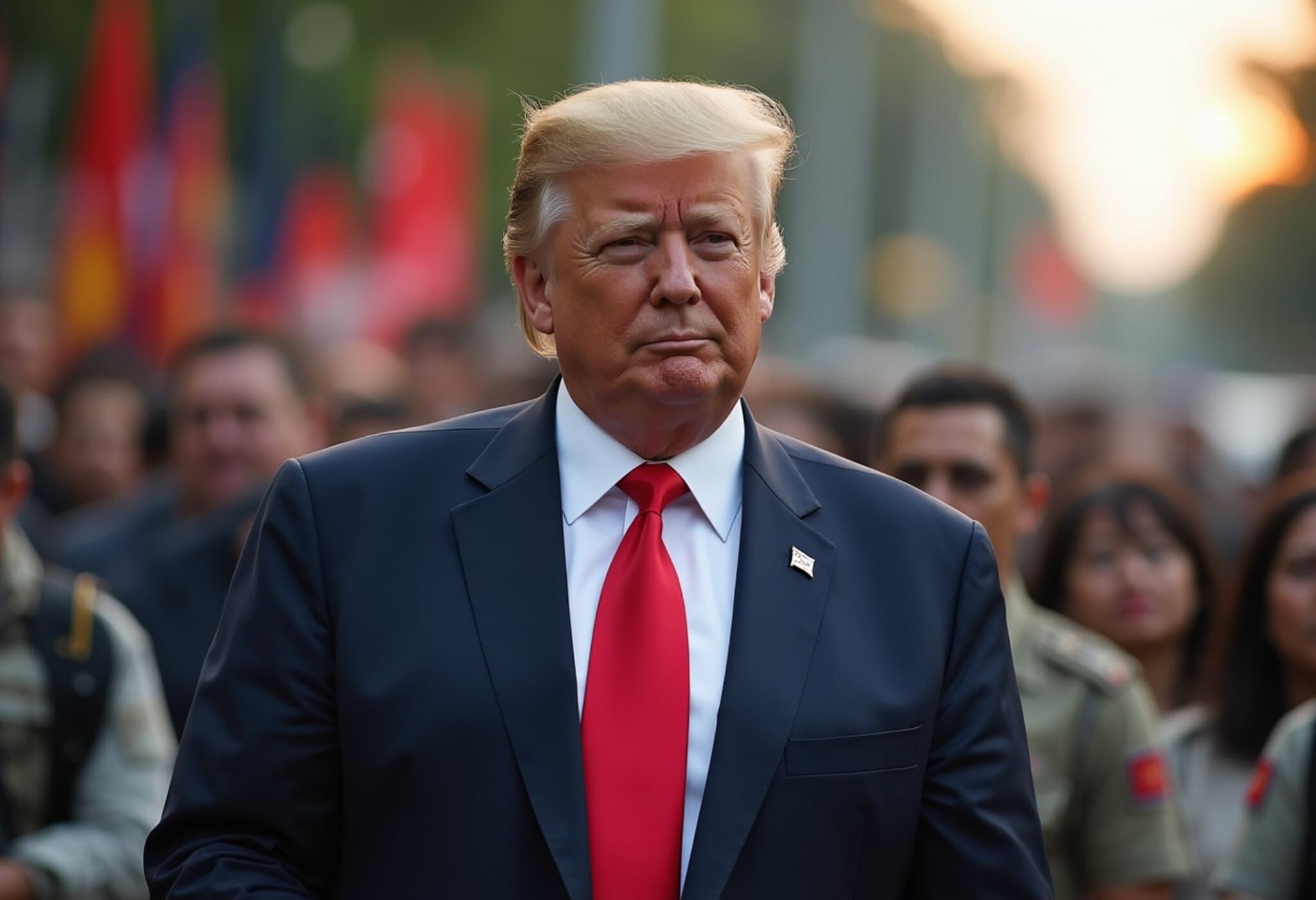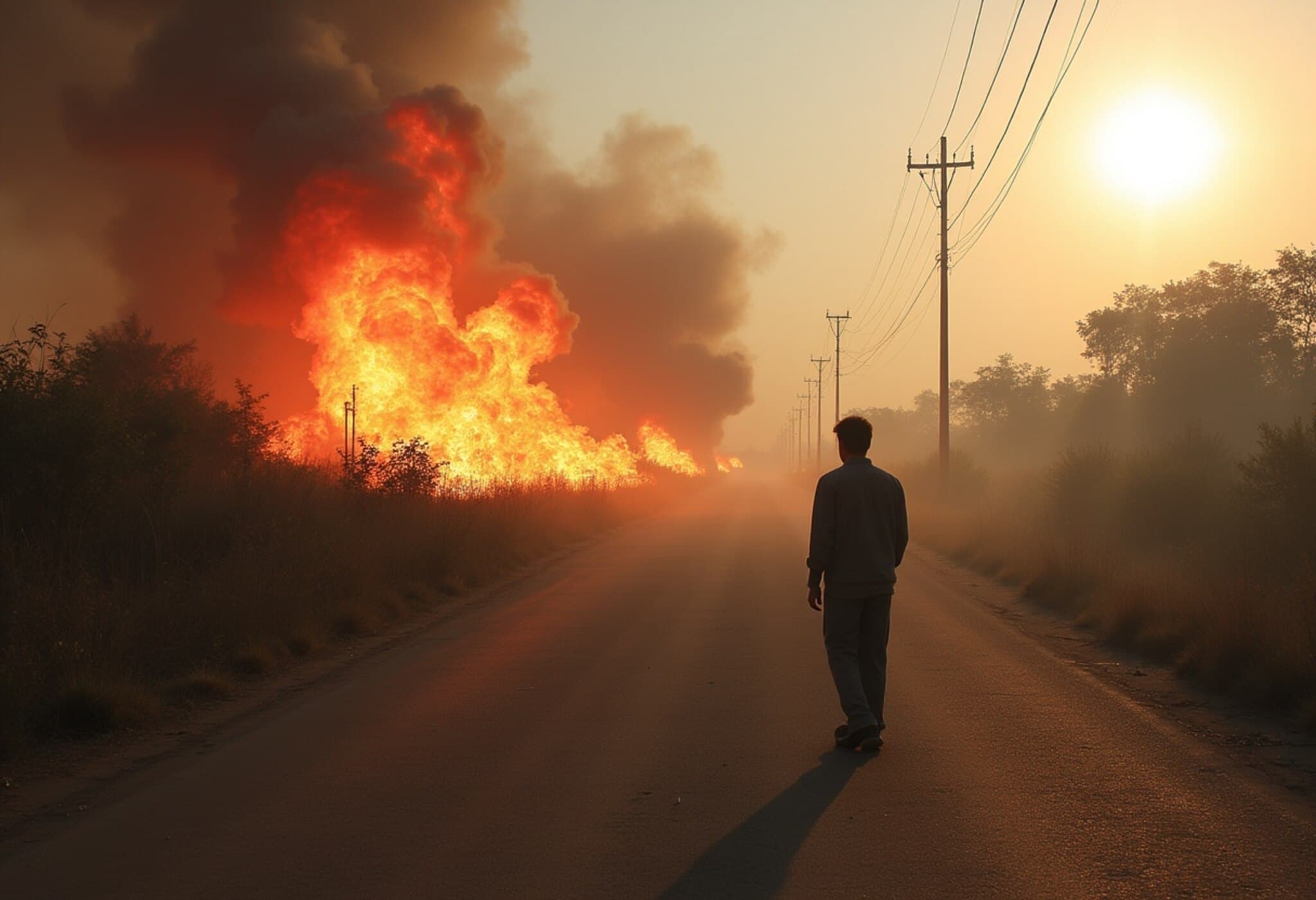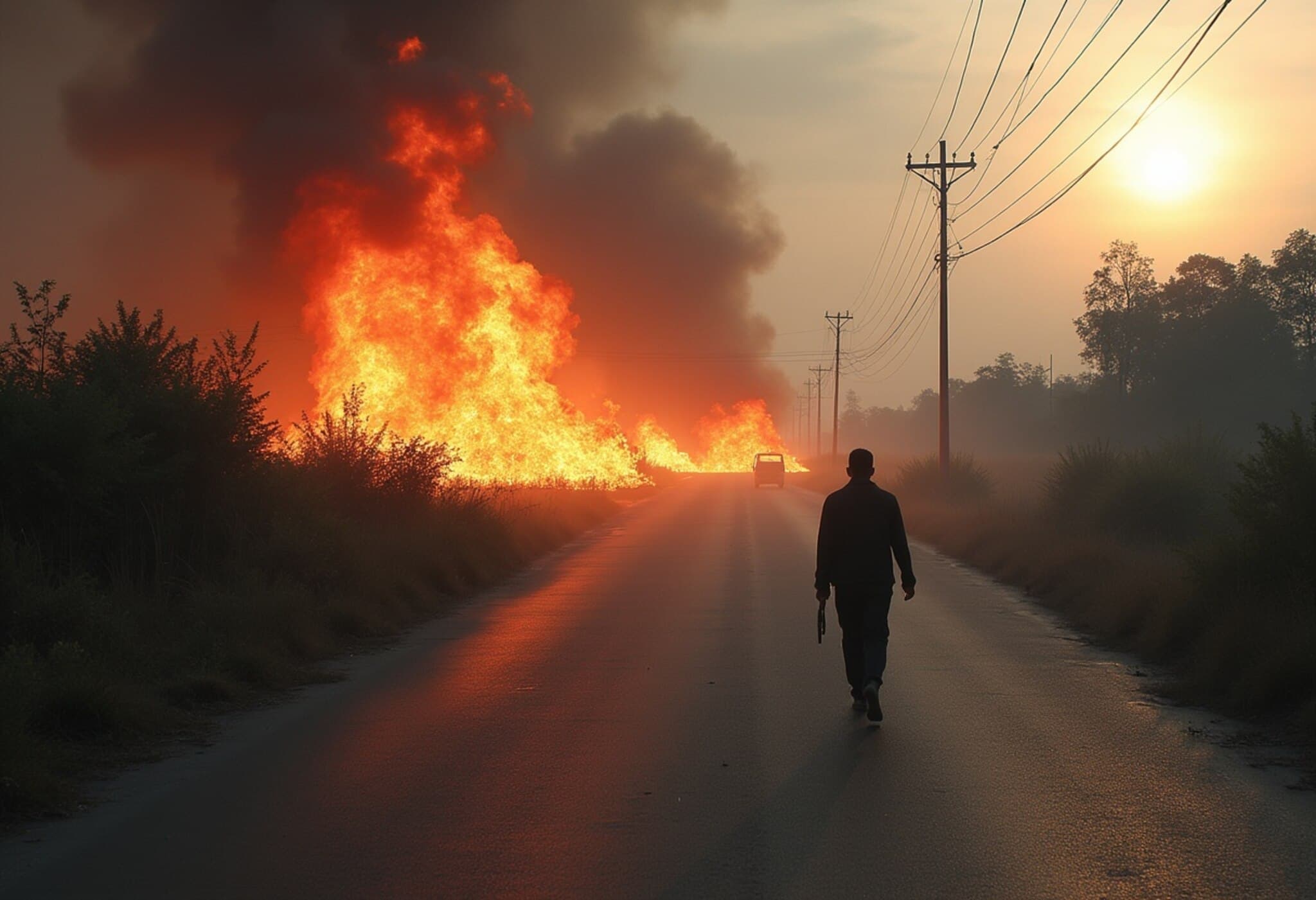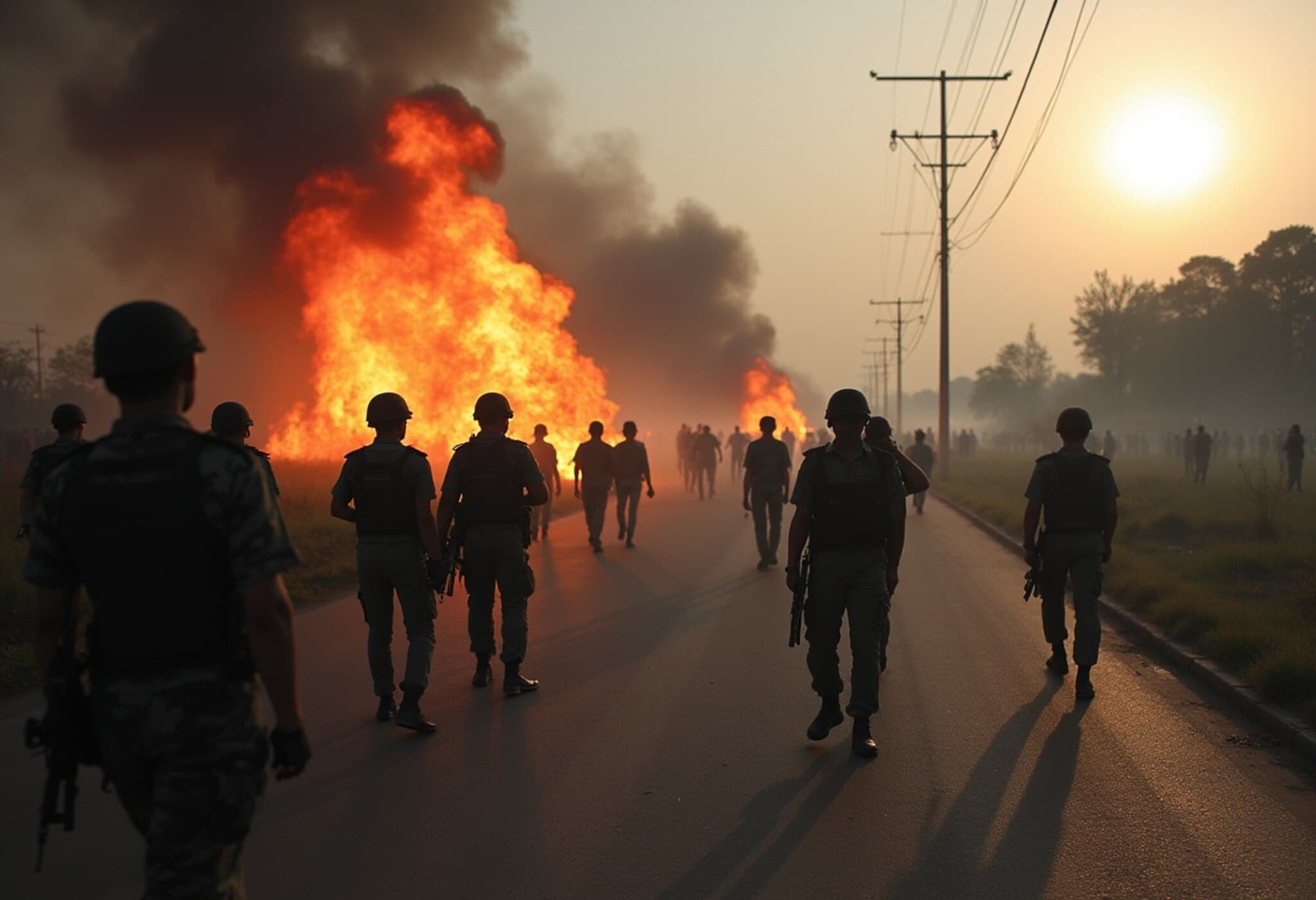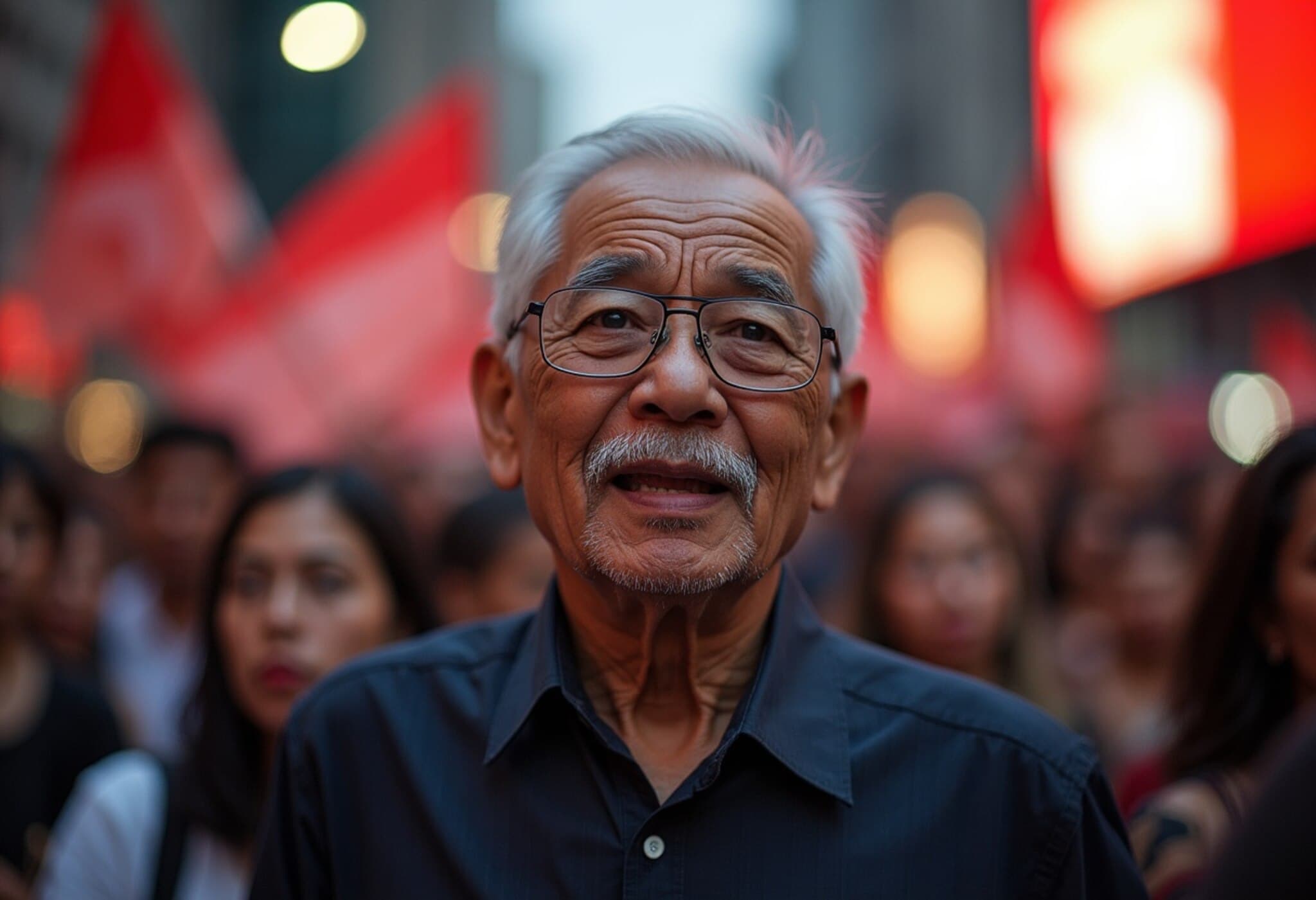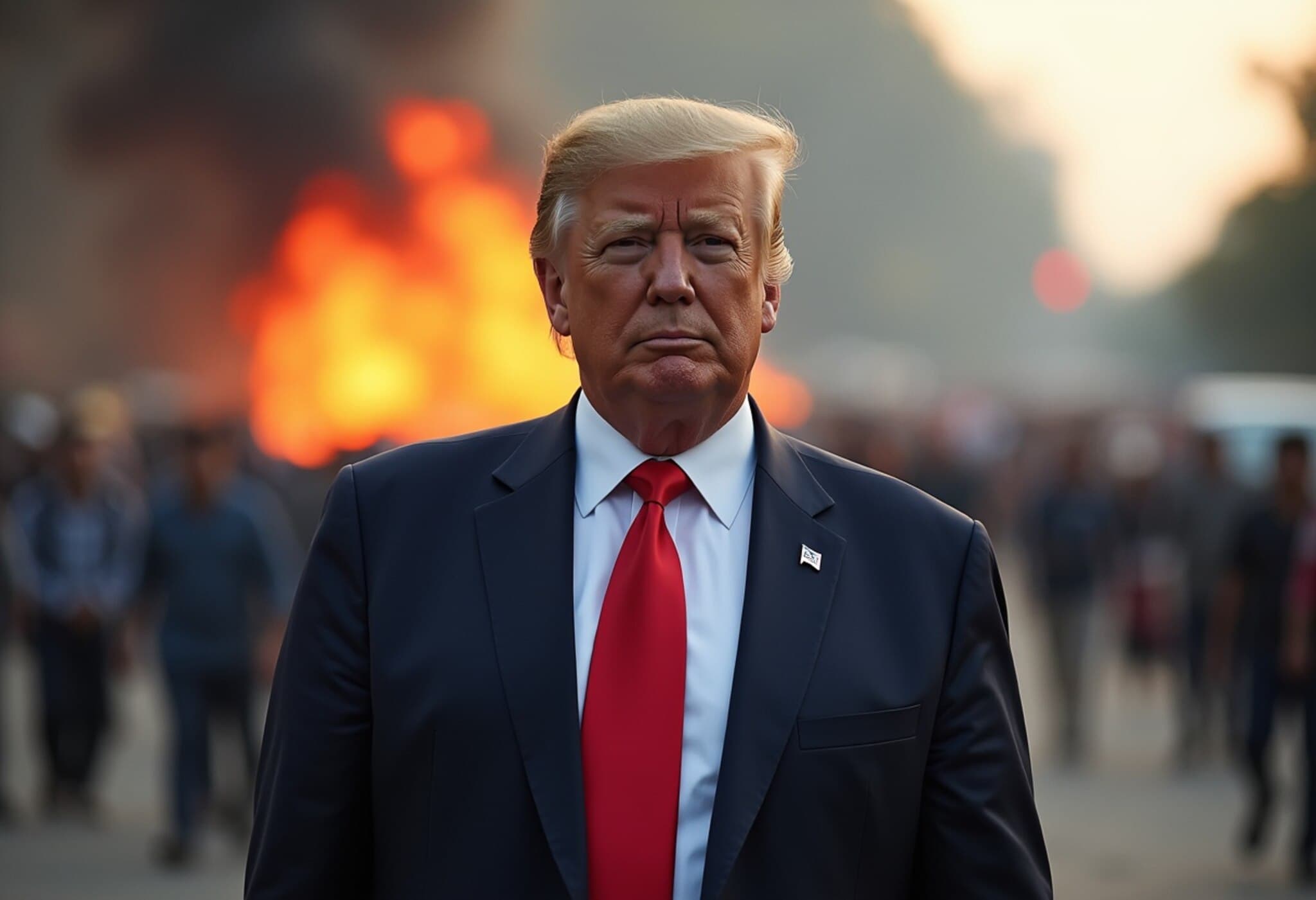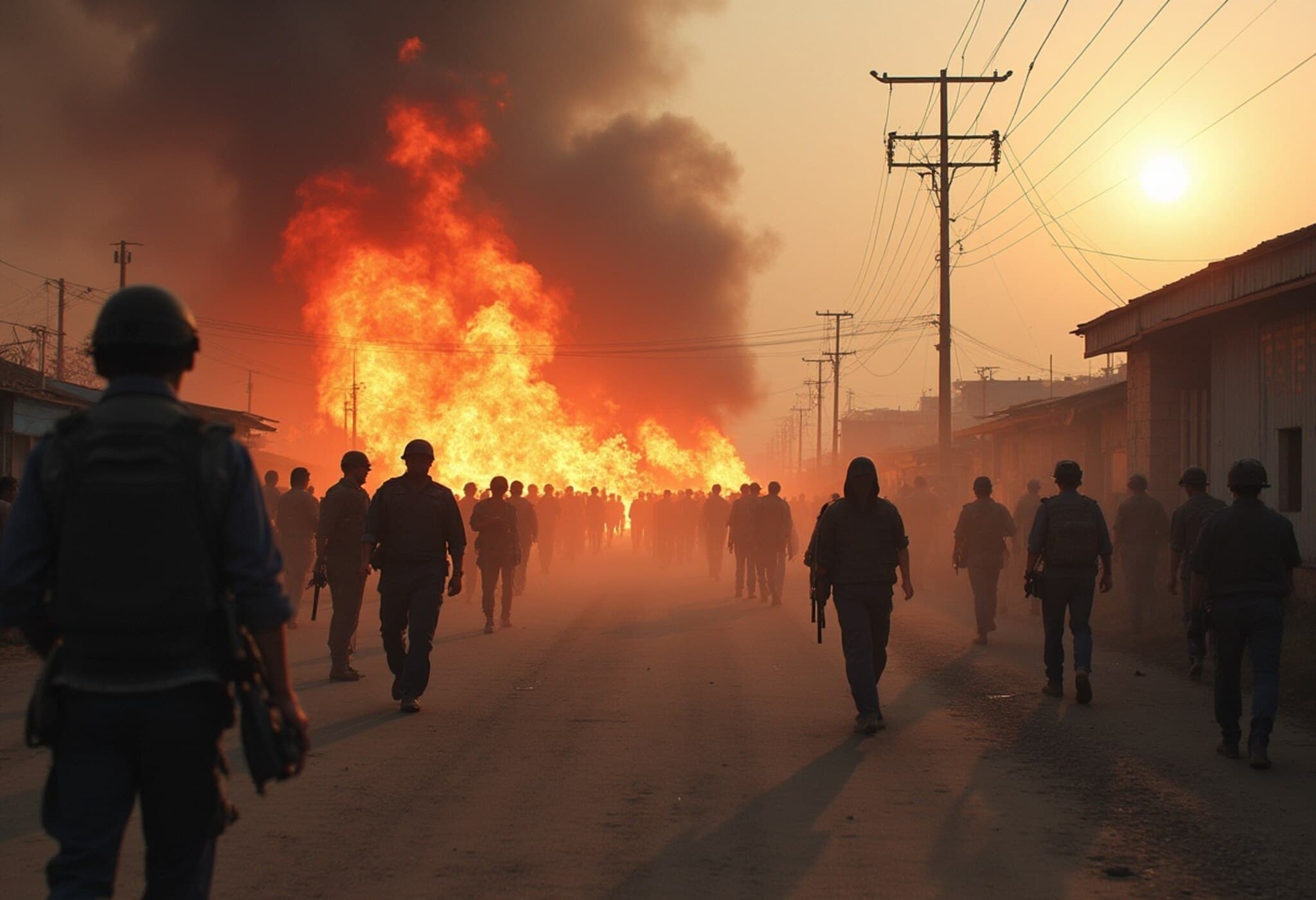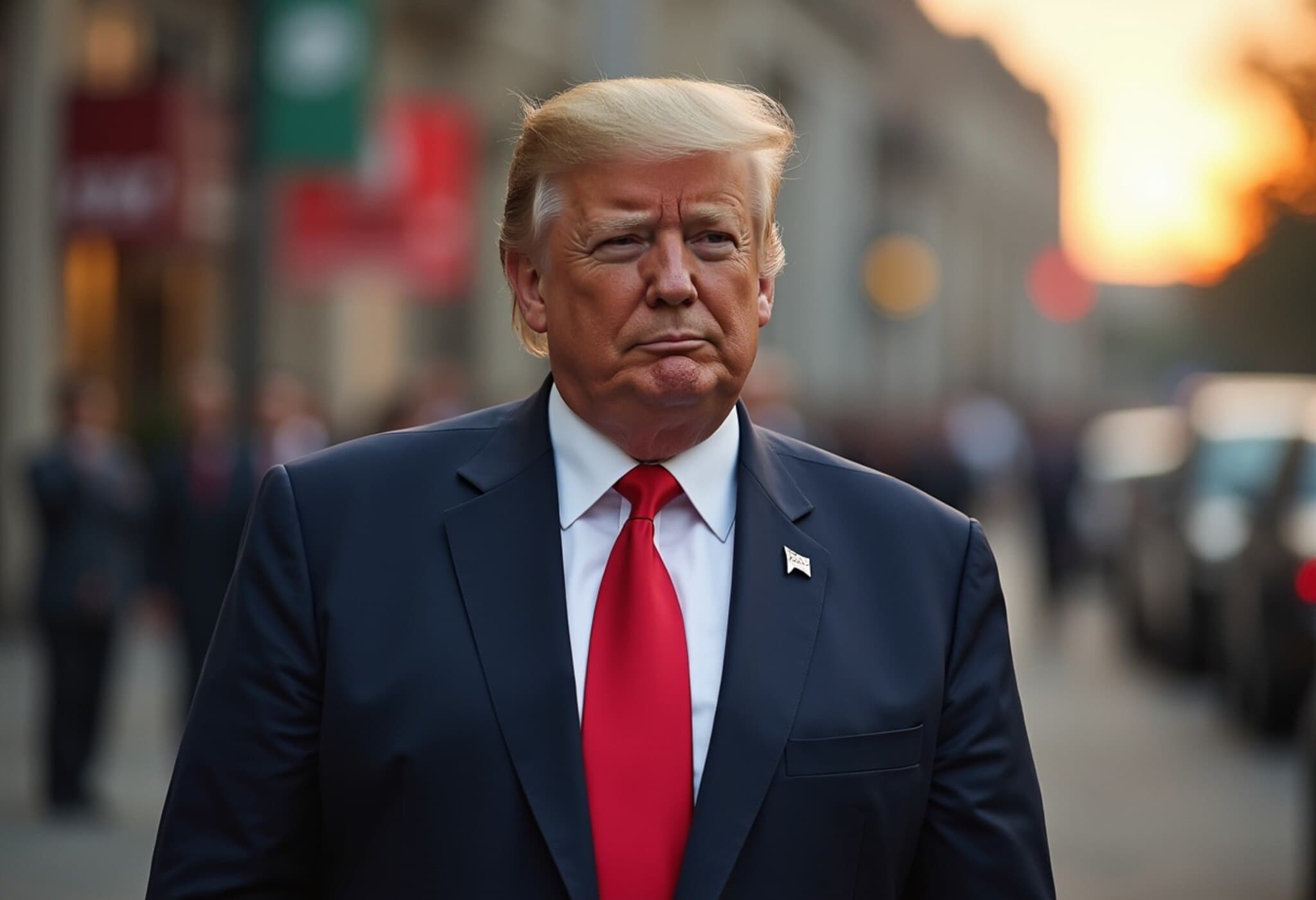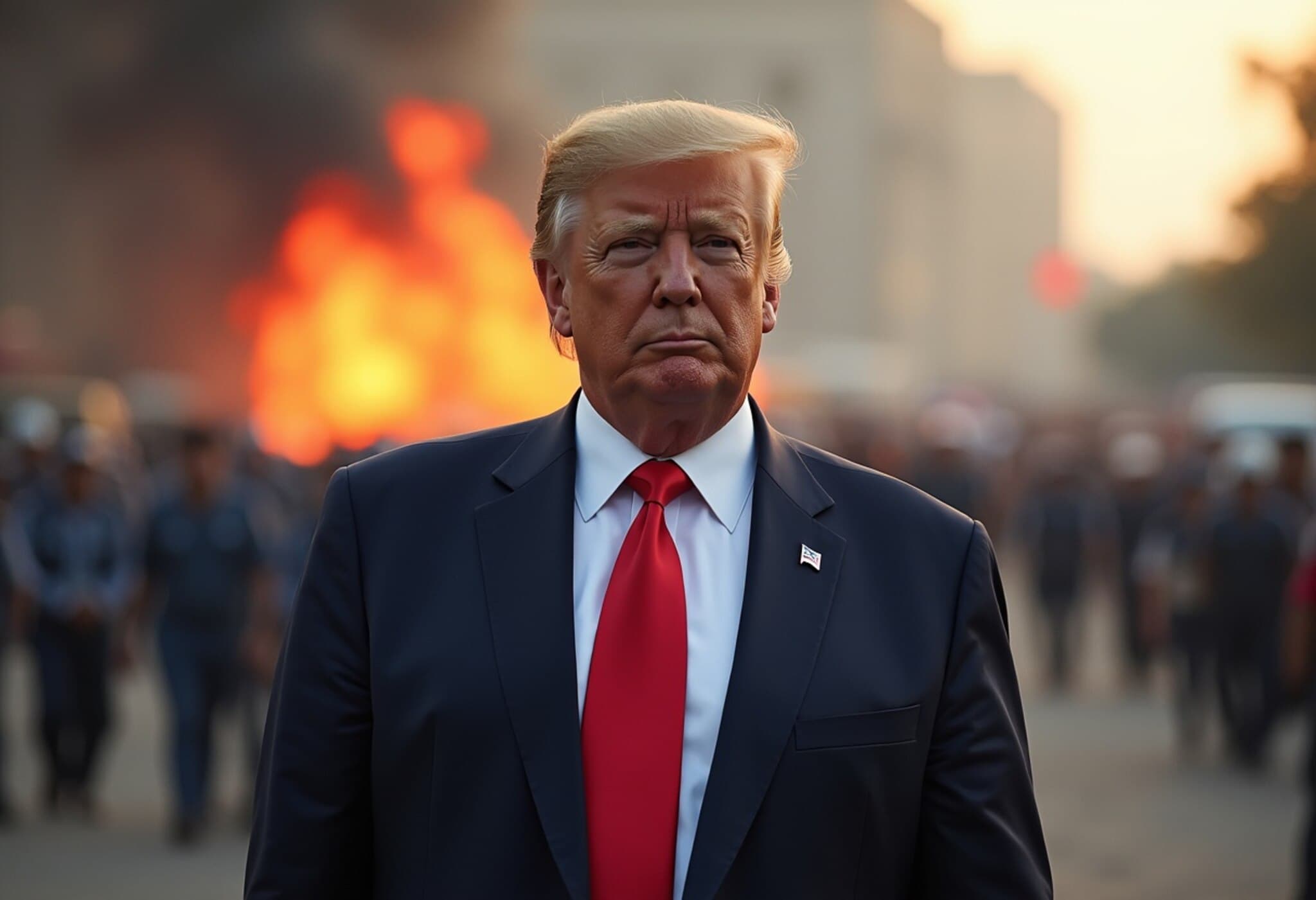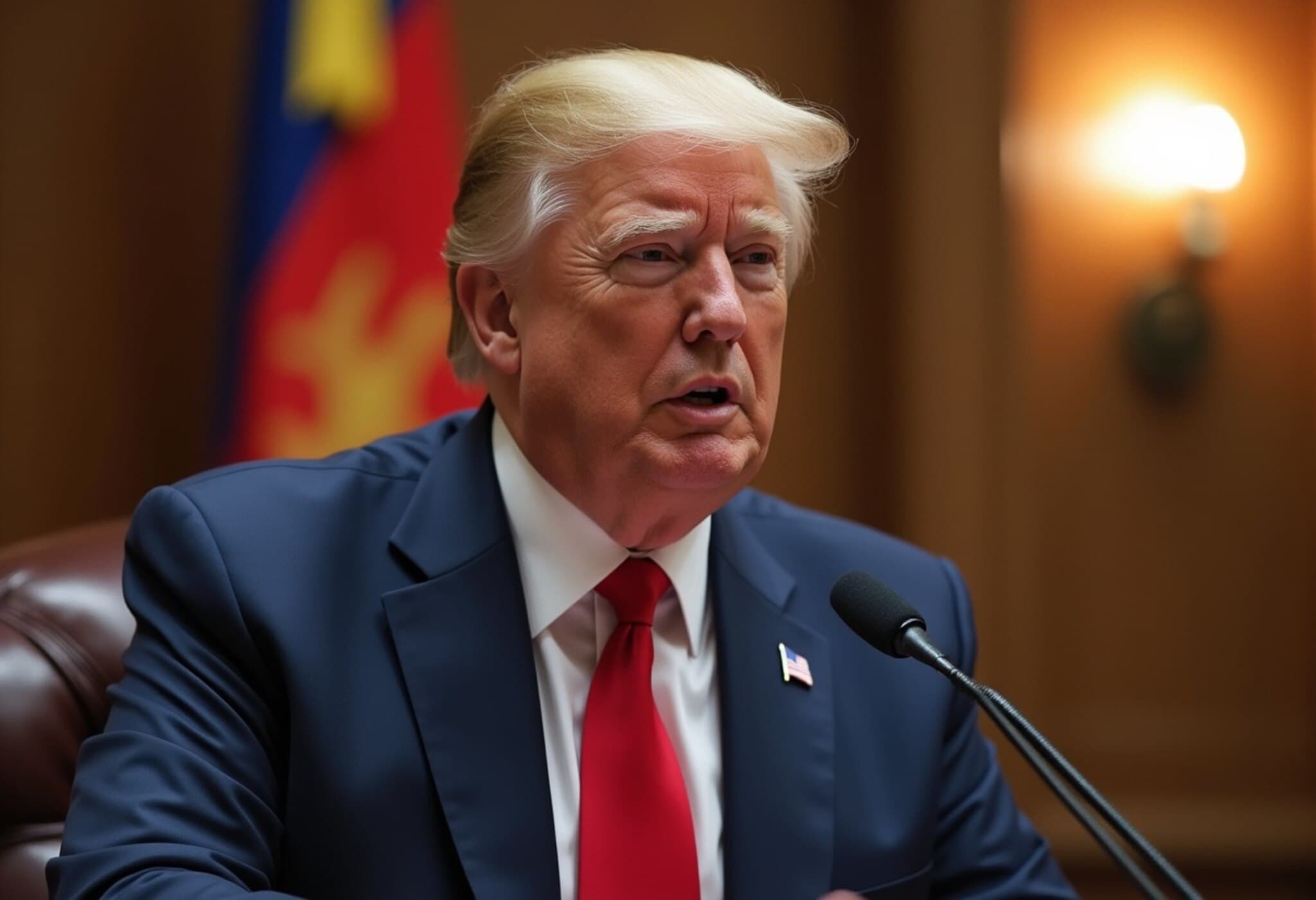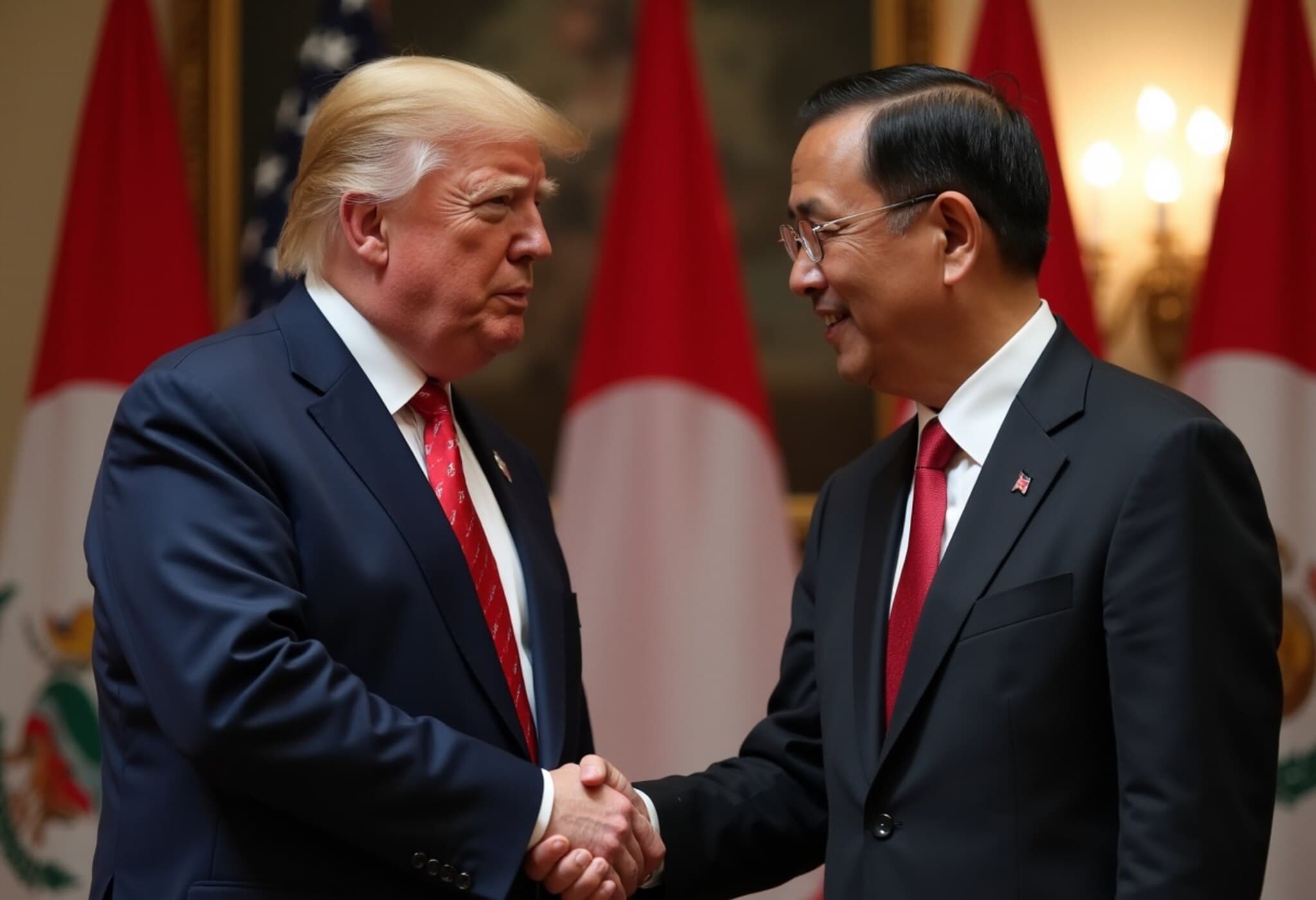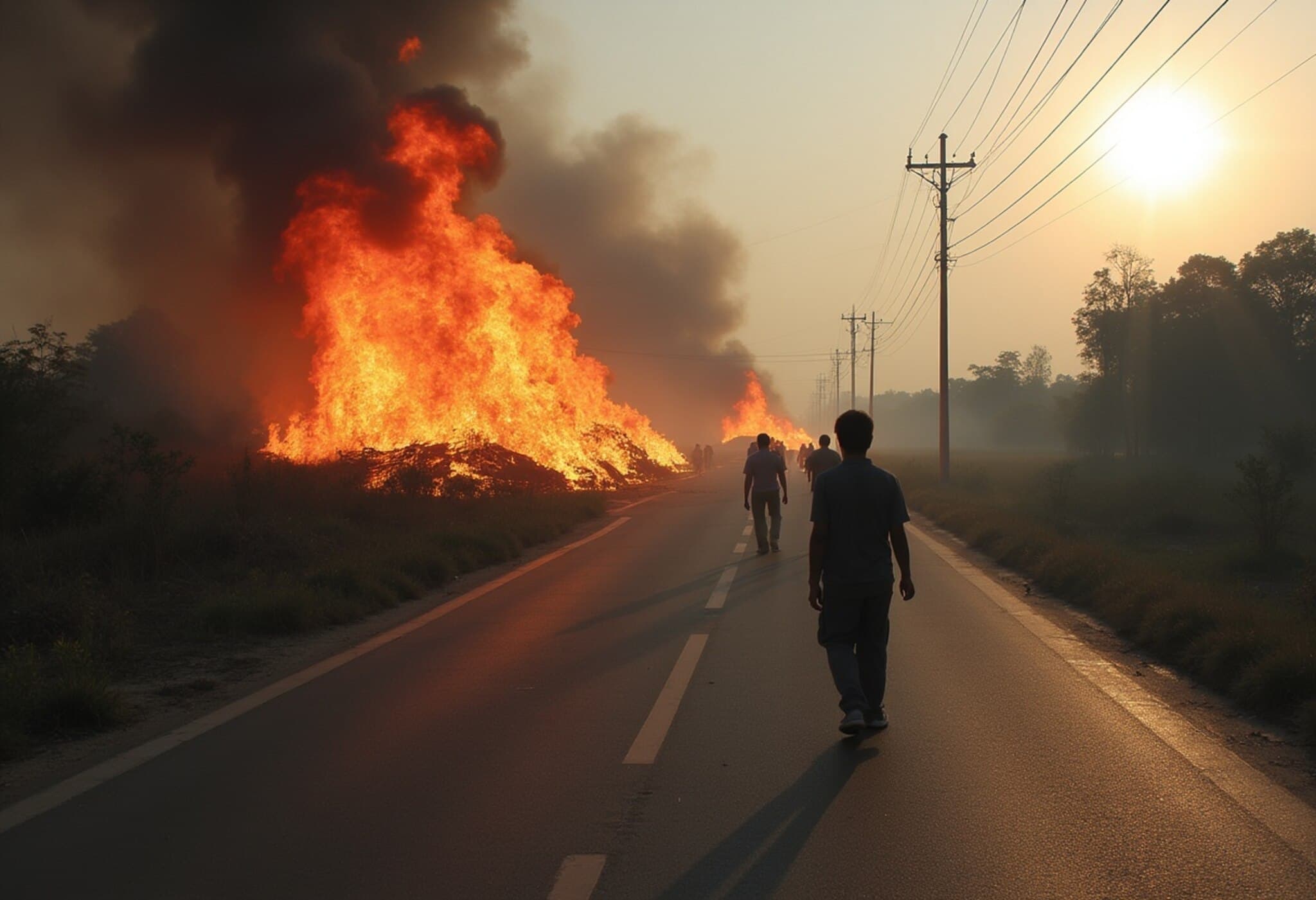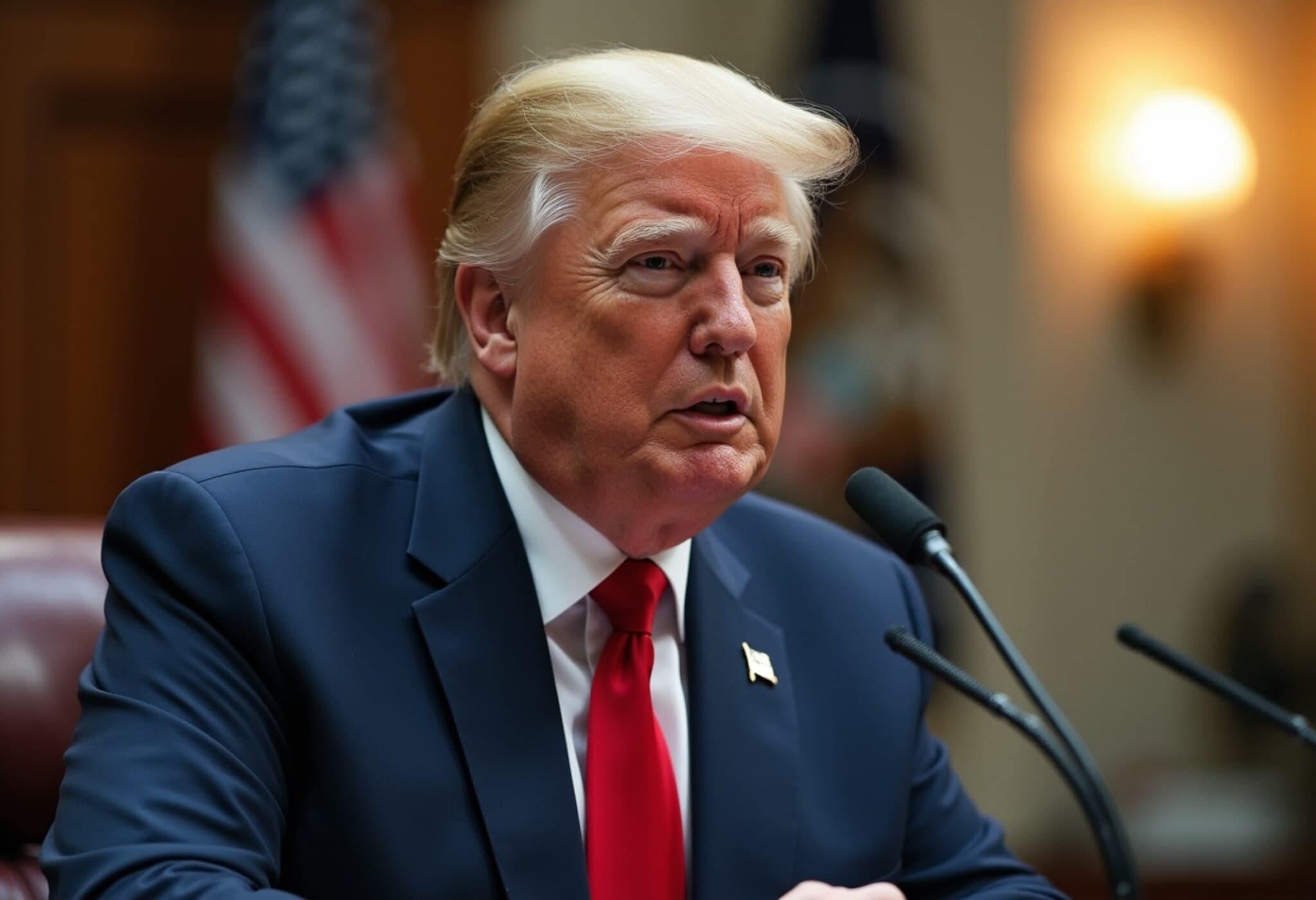Former President Donald Trump Calls for Immediate Cambodia-Thailand Ceasefire
In a notable intervention that underscores the escalating conflict in Southeast Asia, former U.S. President Donald Trump has publicly urged Cambodia and Thailand to halt their ongoing cross-border hostilities. This call coincides with renewed ceasefire talks between the two nations, aiming to de-escalate a conflict that has led to significant casualties and heightened geopolitical concerns in the region.
Background: Tensions Flaring Along Cambodia-Thailand Border
The Cambodia-Thailand border has been a flashpoint for decades, with territorial disputes periodically erupting into violent confrontations. The latest round of clashes has drawn international attention due to its intensity and the rising number of civilian and military casualties on both sides. Historically, these disputes have centered around cultural and historical claims, particularly involving areas surrounding the Preah Vihear Temple, a UNESCO World Heritage site.
Trump’s Intervention: What It Means for Diplomacy
Trump's appeal for a ceasefire reflects a broader international desire to foster stability in Southeast Asia, a region critical to global trade and U.S. strategic interests. As an influential figure with a large supporter base, his call may help galvanize public and diplomatic pressure on the two governments to pursue peaceful dialogue.
- International Implications: Prolonged conflict threatens regional security and risks drawing in external powers such as China and the United States.
- Economic Impact: The border area is vital for trade routes and cross-border commerce, with instability risking economic disruption.
- Human Costs: Civilians have borne the brunt of the conflict, facing displacement and loss of life.
Expert Perspective: The Road Ahead for Cambodia and Thailand
Analysts emphasize that while ceasefire talks are a positive development, sustainable peace requires addressing the root causes of the dispute, including boundary demarcation and mutual recognition of sovereignty. Experts note that the involvement of ASEAN (Association of Southeast Asian Nations) could be key in mediating long-term solutions.
Furthermore, this situation highlights the fragility of peace in regions with colonial-era border legacies and the need for robust mechanisms to manage disputes peacefully.
What’s Next?
Observers are cautiously optimistic but remain wary of potential spoilers who may benefit from ongoing instability. The international community’s support — particularly from major powers and regional partners — will be crucial in encouraging both Cambodia and Thailand to honor any agreements reached.
Why This Matters to the United States and Global Audience
The U.S. has strategic interests in promoting stability across Asia-Pacific, including ensuring freedom of navigation and curbing the influence of rival powers. Trump's call, beyond domestic politics, signals a public spotlight on this issue that could influence diplomatic priorities.
Editor’s Note:
The Cambodia-Thailand border clash underscores a complex intersection of nationalism, historical grievances, and strategic competition that resonates far beyond Southeast Asia. Readers are encouraged to follow ongoing developments with an eye on how effective diplomatic engagement can transform entrenched conflicts into opportunities for peace. Will international voices like Trump’s foster momentum for a lasting resolution, or will this become another cyclical chapter in a protracted rivalry?

